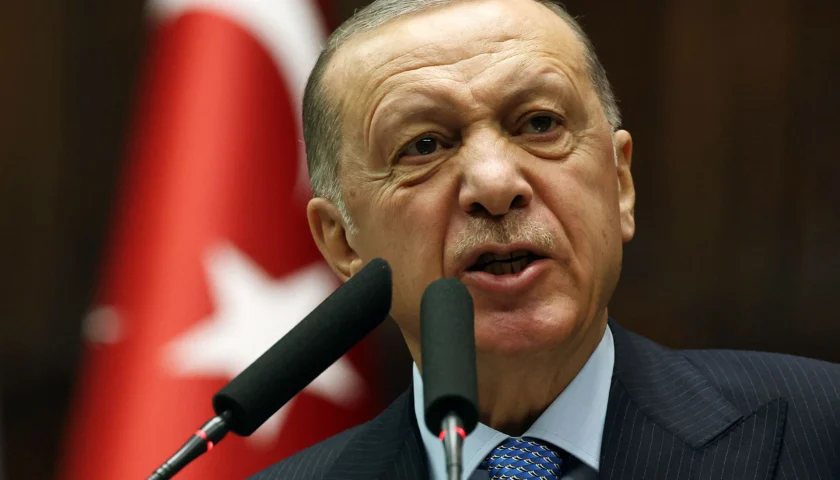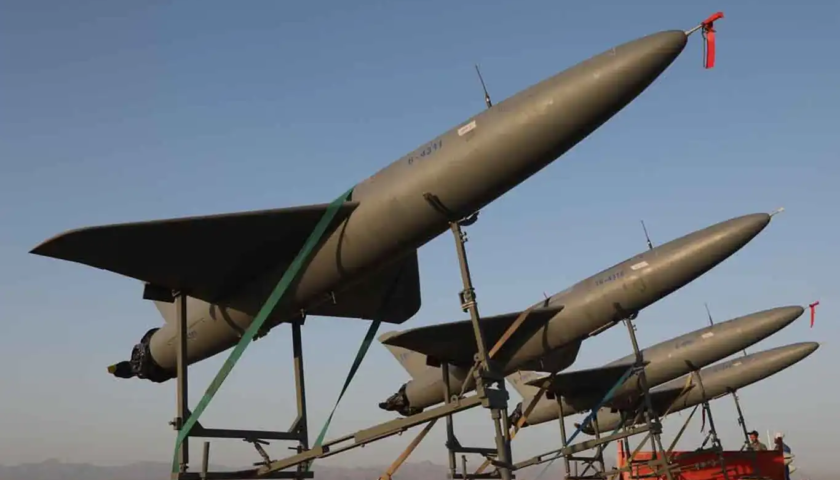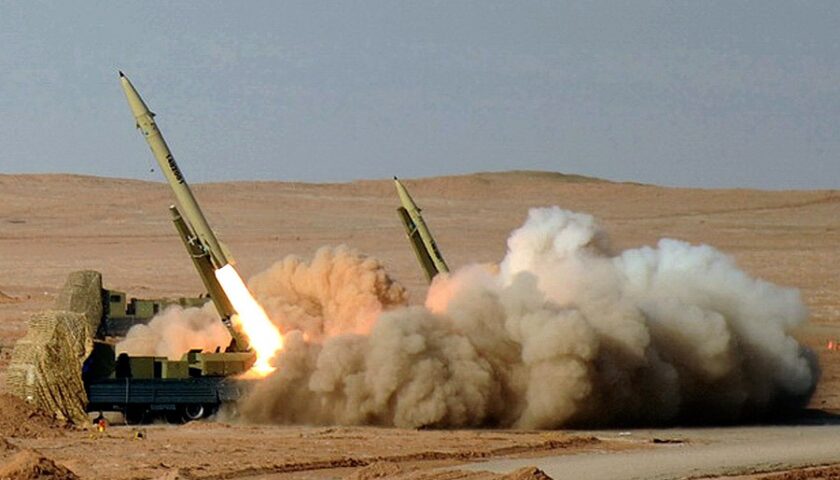
The conflict in Gaza has historically had significant implications both locally and globally. While the specific impact can vary depending on the nature and intensity of the conflict, there are several general implications that tend to manifest during such crises.The most immediate and apparent impact is the humanitarian crisis that affects the people living in the conflict zone. This includes casualties, displacement, lack of access to basic amenities, and destruction of infrastructure, leading to widespread suffering and loss of life.
Conflict in Gaza often has wider regional implications, potentially leading to increased tensions and instability in the Middle East. It can exacerbate existing conflicts and rivalries, impacting neighboring countries and their relationships with each other.Global economic markets can be influenced by the conflict, particularly if the region is a significant contributor to global trade or energy markets. Instability in the Middle East can lead to fluctuations in energy prices and affect global supply chains, impacting economies worldwide.
The conflict can strain diplomatic relations between different countries, especially those directly involved or supporting either side. It can influence international alliances, with some nations siding with one party while others support the opposing faction, potentially leading to diplomatic standoffs and international tensions.Prolonged conflict and the resulting humanitarian crisis can create a breeding ground for extremism and radicalization, with some individuals and groups exploiting the chaos to advance their agendas, potentially leading to a global rise in terrorism and insurgency.
Coverage of the conflict in global media can influence public opinion and perception of the parties involved. This can shape international discourse and potentially impact policies and actions of governments and international organizations.Global response to the conflict may involve humanitarian aid efforts, peacekeeping missions, or diplomatic initiatives aimed at resolving the conflict. The level of global involvement can influence the trajectory of the conflict and its aftermath.
It’s important to note that these impacts are interconnected and can have far-reaching consequences, both immediately and in the long term. Efforts to resolve the conflict and provide humanitarian assistance are crucial for mitigating these impacts and promoting stability in the region.




